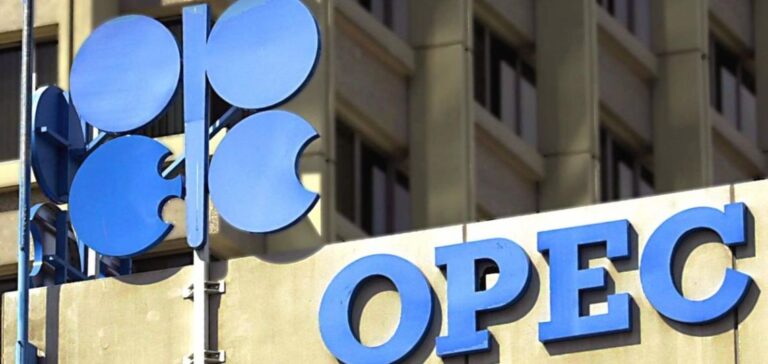Iraq and the United Arab Emirates have confirmed they submitted their compensation plans to the Organization of the Petroleum Exporting Countries (OPEC+) after exceeding their production quotas in February. This decision comes as OPEC seeks to reinforce compliance with production quotas and compensation commitments, while oil prices remain under pressure, with Brent trading around $72 per barrel.
The compensation plans submitted by Iraq and the United Arab Emirates did not specify the new production targets for the two countries. OPEC had required that over-producers submit their proposals by March 17 for publication on the organization’s website. These compensation plans must be executed by the end of June 2026. Representatives from OPEC and other countries involved in the voluntary cuts have not responded to requests for comments regarding these plans.
The overproduction has been a sensitive issue within OPEC+, particularly during periods of falling oil prices. Dated Brent was assessed at $71.73 per barrel, a decline from the levels reached in January when the price hit $83 per barrel. This drop is related to concerns about the impact of growing global trade tensions, weak demand in China, and the risk of a US recession.
Quota compliance and overproduction in February
In February, the United Arab Emirates produced 3.05 million barrels per day (b/d), 140,000 b/d above its quota of 2.91 million b/d, while Iraq produced 4.07 million b/d, exceeding its quota of 4 million b/d. This overproduction contributed to a 440,000 b/d increase in OPEC+’s total output, reaching 40.98 million b/d in February, according to data from S&P Global Commodity Insights.
Production prospects could further increase in the coming months if OPEC+ implements its plan to return some barrels to the market starting in April. After several delays, OPEC announced it would proceed with the production increase, citing “healthy market fundamentals.” This plan is expected to add 180,000 b/d of production from next month, though the compensation plans proposed by some countries may alter this figure.
A strategy under scrutiny
Some OPEC+ delegates have expressed doubts about this strategy, particularly regarding the decision to ramp up production while the oil market remains uncertain. Under anonymity, several representatives indicated that the production increase could be a risky bet on market conditions, diverging from the approach of the International Energy Agency (IEA), which is concerned about weaker-than-expected demand.
OPEC+ continues to defend its view of a tight market despite global concerns. However, the market situation could prompt the organization to reassess its goals based on the evolution of global supply and demand. The next meeting of the OPEC+ Joint Ministerial Monitoring Committee is scheduled for April, followed by a full ministerial meeting at the end of May.





















